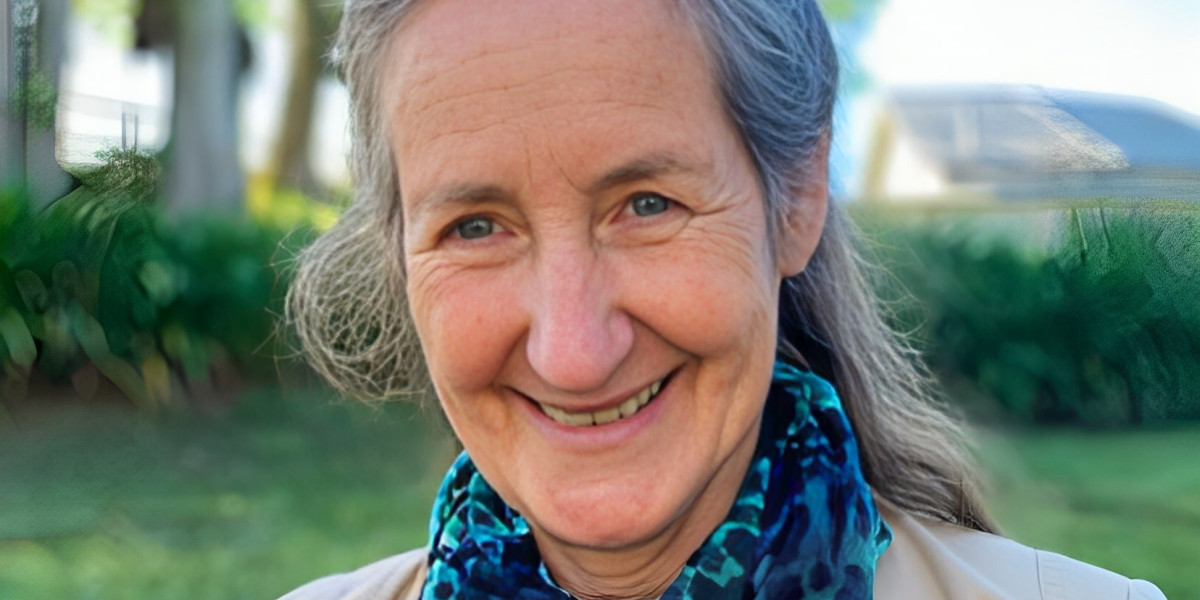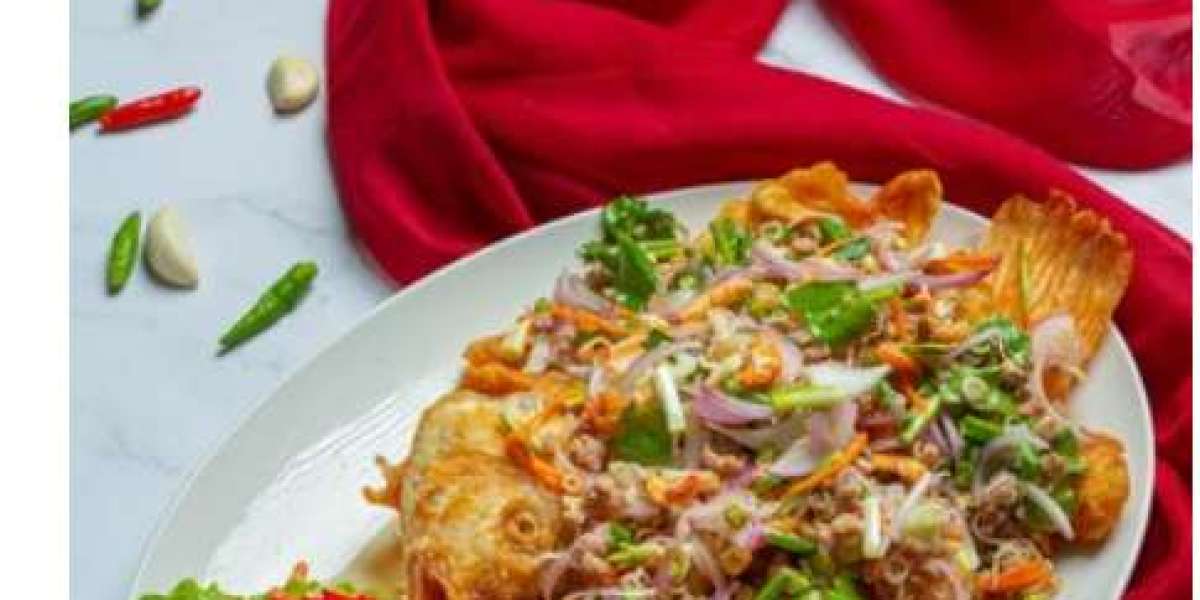The Rise of Barbara O'Neill: Alternative Health Advocate
Born on July 28, 1953, in Australia, Barbara O’Neill rose to prominence as an alternative medicine advocate, claiming to offer natural solutions for a wide array of health issues. A self-described naturopath, nutritionist, and health educator, O’Neill became well-known for her vocal stance on alternative treatments that prioritized herbal remedies, detox diets, and lifestyle changes.
Her most ardent followers believed she was a beacon of hope for those who were dissatisfied with traditional medical practices. For many, O’Neill represented an alternative to the often impersonal and pharmaceutical-driven healthcare system, offering the promise of natural healing without the side effects that can sometimes accompany conventional treatments.
However, there was a critical gap in O'Neill’s credentials: she did not hold any formal qualifications in health or medicine. Despite this, she built a thriving business around her wellness retreats and health consultations, charging substantial amounts of money for advice that, as later investigations would reveal, lacked scientific backing.
The Controversial Claims
O’Neill's rise to fame was fueled by a series of controversial and, in many cases, dangerous health claims. Some of the most shocking include:
Cancer Can Be Cured with Baking Soda: O’Neill promoted the idea that cancer was simply a fungus that could be eradicated through the use of bicarbonate of soda (baking soda). This unproven claim was particularly dangerous, as it encouraged people with serious conditions like cancer to forgo conventional medical treatments, such as chemotherapy, in favor of risky alternatives.
Anti-Vaccination Views: Barbara O’Neill discouraged vaccinations, labeling them as harmful and unnecessary. She suggested that lifestyle changes like adequate sleep and good nutrition could replace vaccines, a stance that conflicted directly with well-established public health guidelines.
Unsafe Infant Nutrition Advice: Perhaps most alarmingly, O’Neill recommended unpasteurized goat's milk as an alternative to infant formula for mothers unable to breastfeed. This advice was not only unsupported by medical professionals but also posed significant health risks, as unpasteurized milk can carry harmful bacteria that could lead to severe illnesses in infants.
The Investigation and Ban
By 2018, O'Neill's health advice had attracted considerable attention, but not for the right reasons. A formal investigation was launched by the Health Care Complaints Commission (HCCC) in New South Wales, Australia, after multiple complaints from medical professionals and concerned members of the public. The investigation revealed that O'Neill was providing health advice without the necessary qualifications, and that much of her guidance posed serious health risks.
In 2019, the HCCC issued a formal ban, prohibiting O’Neill from offering health services anywhere in Australia. The Commission found that O’Neill’s advice was not only unscientific but also could potentially lead to harmful consequences, such as patients opting for dangerous, unproven treatments instead of evidence-based care.
One of the most concerning incidents involved a cancer patient who, following O’Neill’s advice, chose to forgo chemotherapy in favor of using baking soda. Tragically, this decision led to a worsening of the patient’s condition.
Read the full information about Barbara O’Neill and her controversial career here: What Happened to Barbara O'Neill?
The Misty Mountain Health Retreat and Its Fallout
Barbara O’Neill and her husband, Michael, operated a wellness center called Misty Mountain Health Retreat in Kempsey, Australia. At the retreat, they offered expensive health programs that promised to treat and even cure chronic diseases like cancer and diabetes through detox diets, natural therapies, and lifestyle changes.
The HCCC also investigated the retreat and found that many of the treatments offered there were based on the same unproven health claims that had led to O'Neill's ban. In the wake of the investigation, the retreat was forced to cease operations in Australia. Despite the ban, O’Neill continued her practices in other countries, including the United States and New Zealand, where she conducted wellness seminars at steep prices.
Life After the Ban: Continuing the Controversy
Though banned from offering health services in Australia, Barbara O’Neill continued to attract a following, primarily through online platforms. She turned to social media, sharing her health philosophies via videos, blogs, and online discussions. Many of her supporters maintained that she was being unfairly persecuted, while others claimed that the health establishment was trying to silence a practitioner who was simply offering an alternative to mainstream medicine.
Barbara’s loyal followers continued to seek her advice, attending her overseas seminars and retreats, where she preached the benefits of natural healing. Despite the scientific community’s opposition to her methods, her influence persisted, in part due to the spread of misinformation on social media. These platforms allowed her content to reach an even wider audience, including many vulnerable individuals searching for health solutions outside of traditional medicine.
The Legacy of Misinformation and Its Impact
Barbara O’Neill’s story is a powerful example of the dangers of unverified health advice. Misinformation in the health and wellness space can have severe consequences, particularly when it comes to serious medical conditions. In O’Neill's case, her promotion of unproven remedies for cancer, vaccines, and infant nutrition put many people at risk, particularly those who were desperate for alternatives.
Her supporters, however, remain steadfast, arguing that they should have the freedom to choose their own health paths without interference from authorities. For them, Barbara O'Neill remains a hero, someone who provided hope and healing when conventional medicine had failed them.
The Importance of Qualified Health Professionals
The story of Barbara O’Neill underscores the importance of trusting qualified healthcare professionals. While alternative medicine can play a role in promoting overall well-being, it should never replace conventional, science-backed treatments, especially for serious illnesses like cancer or infectious diseases. Health advice should always come from qualified practitioners who are grounded in evidence-based science and who understand the complexities of human health.
Conclusion: A Cautionary Tale
Barbara O’Neill’s life and career serve as a cautionary tale about the dangers of unproven health claims. Her controversial methods and the widespread misinformation she propagated have had lasting consequences, both for her followers and for the broader public discourse on health.
In the end, the story of Barbara O’Neill highlights the need for vigilance, critical thinking, and an unwavering commitment to science when it comes to health and wellness. Trusting unqualified practitioners can have dire consequences, and we must prioritize safety, evidence, and professional qualifications when making health decisions.
Barbara O'Neill passed away in April 2024, but her legacy, particularly the lessons we can learn from her rise and fall, will continue to shape discussions about alternative health practices for years to come.



